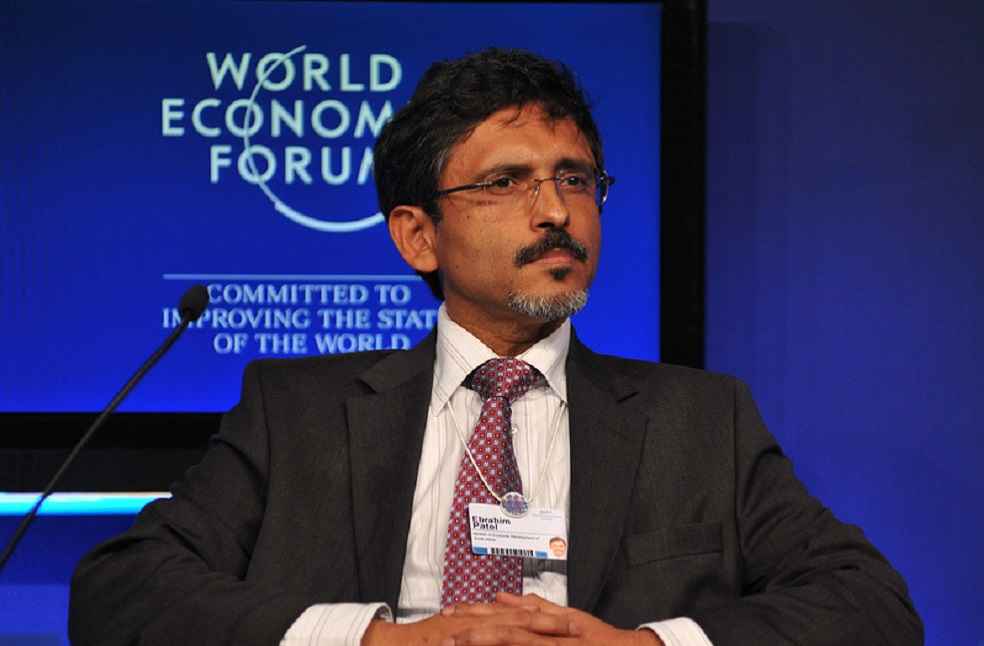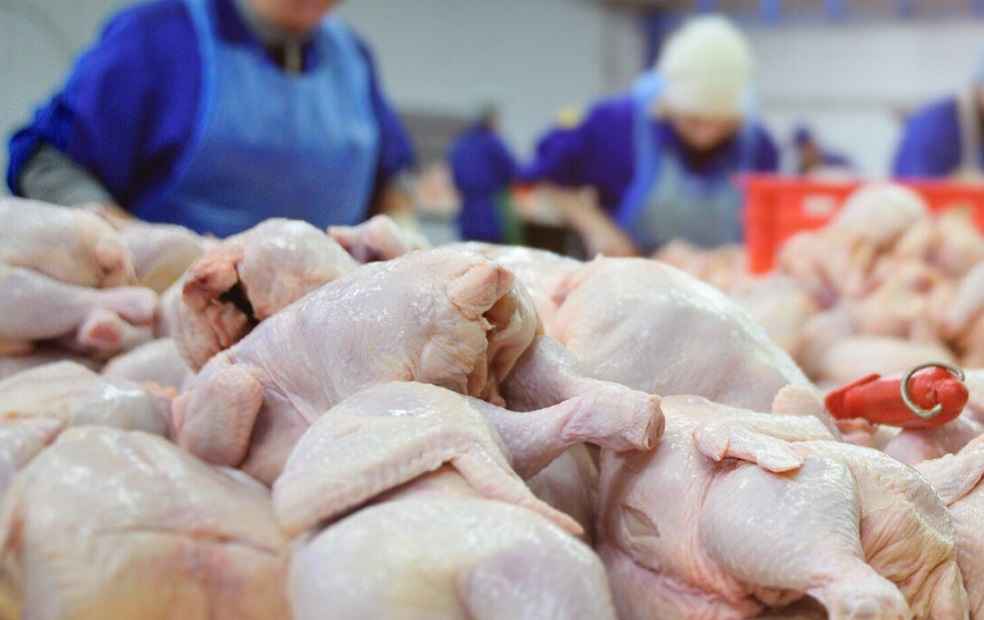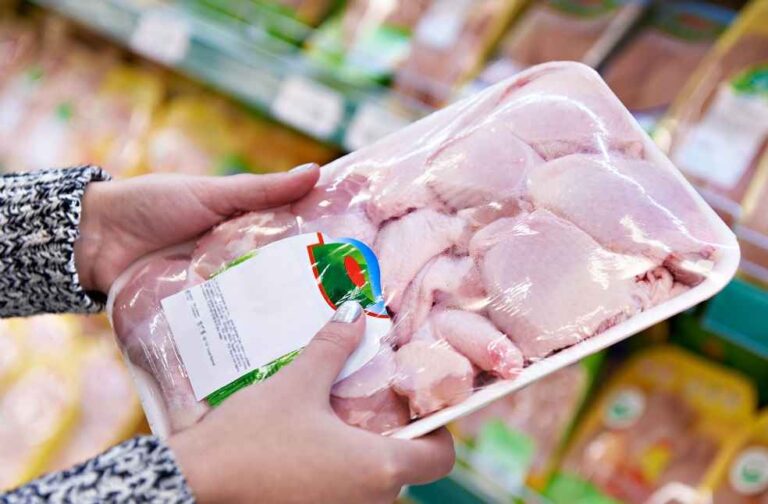The conclusion of a year-long hiatus on anti-dumping duties for poultry from Brazil, Denmark, Ireland, Poland, and Spain presages a steep global hike in chicken prices. Predicated on recommendations from South Africa’s International Trade Administration Commission (ITAC), this development possesses the potential to reshape the global marketplace drastically.
Each implicated nation stands accused of overloading the Southern African Customs Union (SACU) market with ‘frozen bone-in chicken portions such as leg quarters. Ebrahim Patel, South Africa’s Minister of Trade, Industry, and Competition, sanctioned ITAC’s recommendation to implement considerable anti-dumping duties after corroborating the allegations.
With duties scaling up to a monumental 265% for Brazilian imports, on top of an already established 62% tariff, their imminent implementation stirs a hornet’s nest among global consumers and distributors. Recognizing the sizable consumer impact, Patel previously decelerate the implementation from August 2022 by a year. Currently, he beckons Finance Minister Enoch Godongwana to activate these anti-dumping duties, mandating a revision to the Customs and Excise Act.

To safeguard against potential exploitation of the newly enacted duties, the Competition Commission may monitor local producers closely. Patel cautioned against arbitrary price escalations, emphasizing that the local producers should refrain from capitalizing on anti-dumping duties, causing undue strain on South African consumers. Notably, poultry serves as an essential protein source for low- to middle-income households.
Hume International, a substantial chicken importer, voiced apprehensions about market competitiveness dwindling and significant price escalations due to these impending duties. “Frankly, the threat of dumping seems vastly overstated, as chicken is the most expensive it’s been on the import side for a long time. Additional duties will place an even greater burden on cash-strapped consumers,” declared Fred Hume, the company’s managing director.
Echoing these concerns, the Association of Meat Importers and Exporters (AMIE) South Africa advised that these duties could have a “profound” repercussion on consumers and food security in South Africa amidst soaring inflation, the continuing Russia-Ukraine war, and a recent bird flu outbreak.

On the contrary, the SA Poultry Association (SAPA) proposed that the impact on retail chicken prices would be “negligible,” quoting a study they commissioned. SAPA’s general manager Izaak Breitenbach averred that load shedding affects the retail price of poultry more substantially than anti-dumping duties.
Amidst the spectrum of industry opinions, the repercussions of these duties stand irrefutable. As the world navigates global economic tensions and ongoing conflicts, these duties could intensify the financial burden on consumers, particularly those for whom chicken is a primary protein source.
GLOBAL ROUNDUP | China Sweats as Exports Plummet



